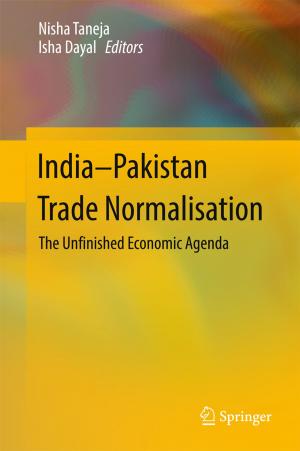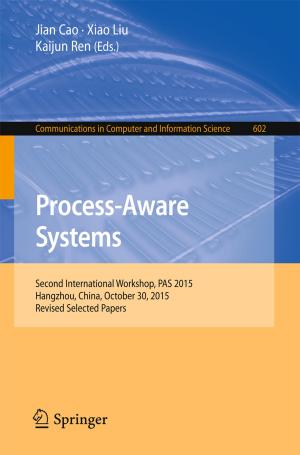Challenges of Modernization and Governance in South Korea
The Sinking of the Sewol and Its Causes
Nonfiction, Science & Nature, Science, Biological Sciences, Environmental Science, Social & Cultural Studies, Social Science, Sociology| Author: | ISBN: | 9789811040238 | |
| Publisher: | Springer Singapore | Publication: | July 31, 2017 |
| Imprint: | Palgrave Macmillan | Language: | English |
| Author: | |
| ISBN: | 9789811040238 |
| Publisher: | Springer Singapore |
| Publication: | July 31, 2017 |
| Imprint: | Palgrave Macmillan |
| Language: | English |
Focusing on the sinking of the Sewol, a commercial ferry which capsized off the South Korean coast in April 2014, this book considers key issues of disaster, governance, civil society and the ideational transformation of human agents and their empowerment. Providing a lens through which to re-examine South Korean institutions, laws and practices, the volume examines the impact of the Sewol incident and what it reveals about the fault lines of South Korean society and governance. It addresses the repercussions of South Korea’s turn to a liberal democracy and neoliberal economy and reflects on the multilayered implications of the disaster in respect to the potential human costs of the country’s state-driven development policy and high stress modernisation. The book also highlights the relevance of the Korean experience for other societies on a similar developmental trajectories and facing similar challenges.
Focusing on the sinking of the Sewol, a commercial ferry which capsized off the South Korean coast in April 2014, this book considers key issues of disaster, governance, civil society and the ideational transformation of human agents and their empowerment. Providing a lens through which to re-examine South Korean institutions, laws and practices, the volume examines the impact of the Sewol incident and what it reveals about the fault lines of South Korean society and governance. It addresses the repercussions of South Korea’s turn to a liberal democracy and neoliberal economy and reflects on the multilayered implications of the disaster in respect to the potential human costs of the country’s state-driven development policy and high stress modernisation. The book also highlights the relevance of the Korean experience for other societies on a similar developmental trajectories and facing similar challenges.















